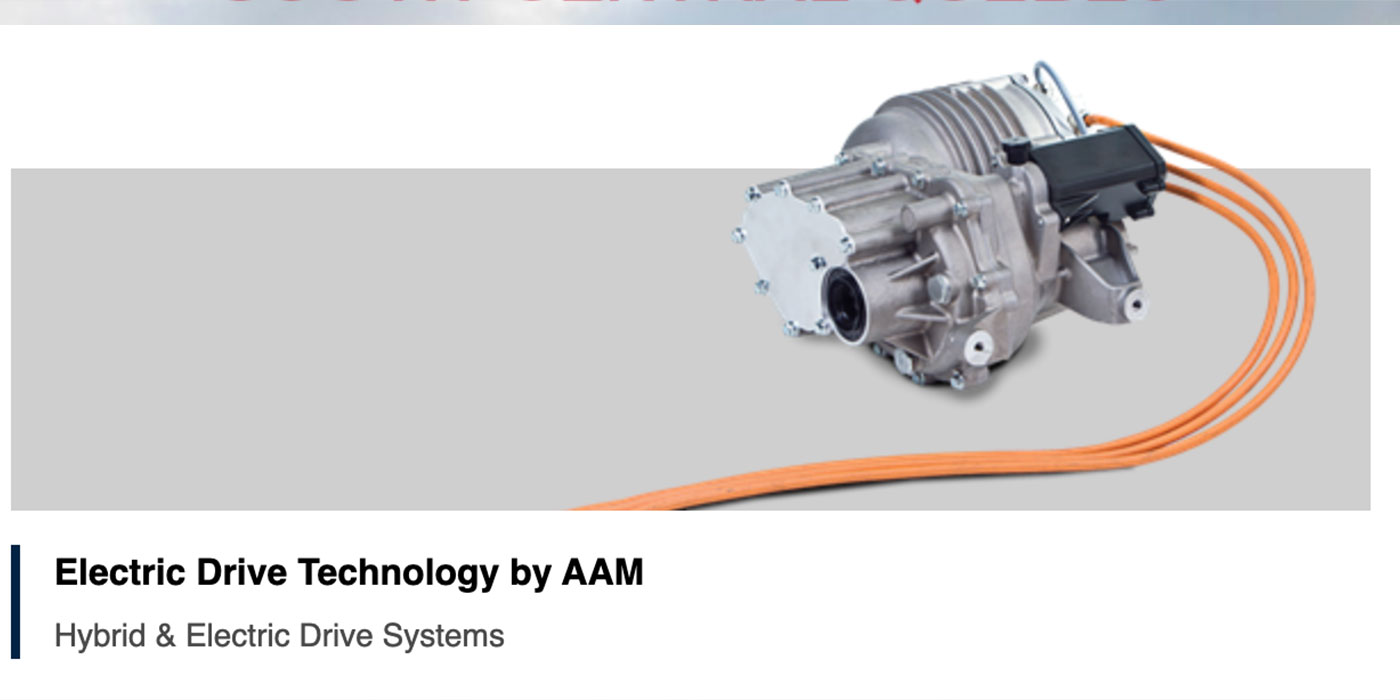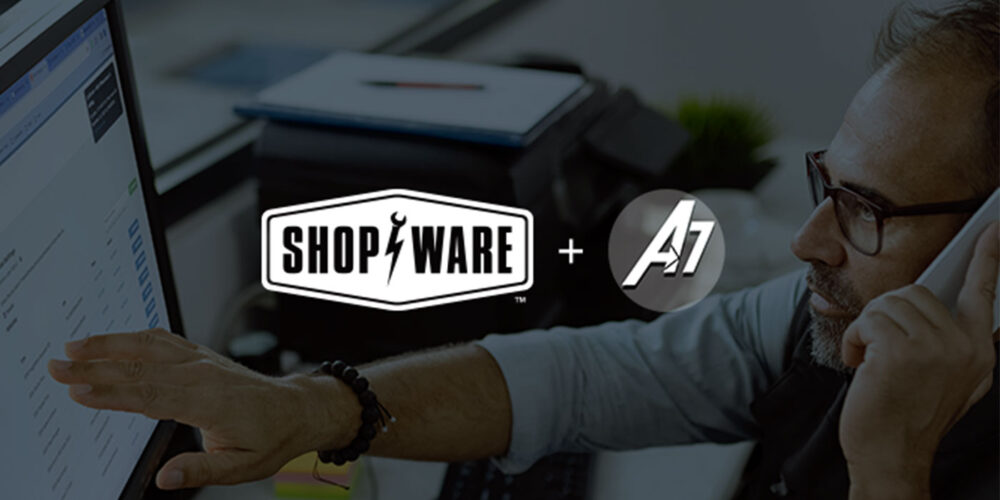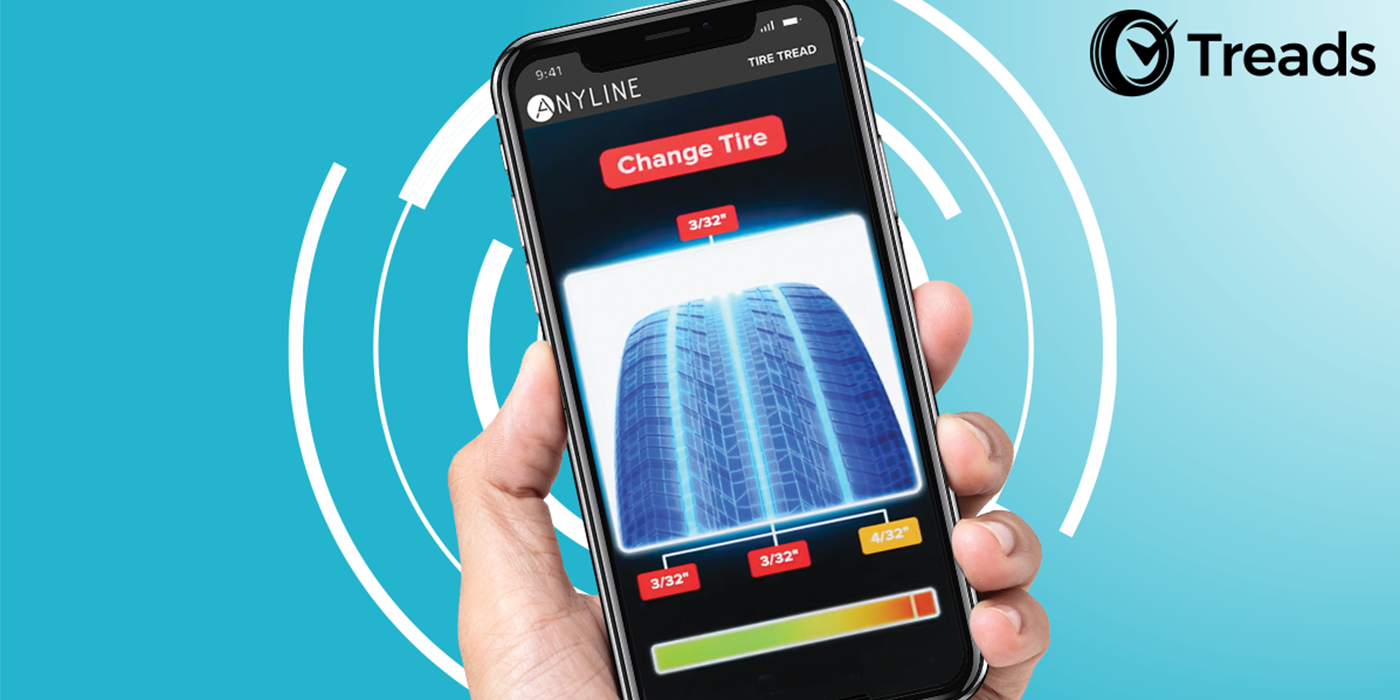
Posted: Dec. 27, 2007, 2 pm, EST
By Amy Antenora Editor1. MAHLE Acquires Clevite
Less than six months after the proposed sale was first announced, Dana Corp. completed the sale of its engine hard parts business to MAHLE GmbH for approximately $97 million in cash. The business consists of 39 locations in 10 countries with approximately 5,000 employees. Dana ranked number 38 on the 2007 Automotive Aftermarket Suppliers Association Top 100 Automotive Aftermarket Suppliers list; MAHLE ranked number 51.
The sale of this $670 million (2005) business, which included the Clevite, Perfect Circle and Glacier Vandervell brands, represented the last remaining vestiges of Dana Corp.’s once significant role in the automotive aftermarket. According to Dana Chairman and CEO Mike Burns, the divestiture would help sharpen Dana’s focus on its core products for the automotive, commercial vehicle and off-highway markets. (Most of Dana’s other aftermarket divisions were sold to Cypress Group and in 2004 were reorganized under a new aftermarket company called Affinia Group, number 12 on the 2007 AASA Top 100 list.)
For MAHLE, one of the top 30 automotive suppliers in the world, this acquisition was one of a number made in 2007 aimed at expanding the German-based company’s global footprint. In January, the company acquired the air intake module and air filtration business segment for combustion engines from Siemens VDO Automotive, and later acquired engine parts businesses in Mexico and Canada . The company also expanded its valve train operations in China and formed a joint venture in India to manufacture pistons.
2. Autobacs Buys Strauss
In April, it was announced that Japan-based Autobacs Seven Co. had reached an agreement to buy New Jersey-based Strauss Discount Auto out of bankruptcy for approximately $55 million. Monro Muffler Brake originally intended to buy the business, but backed out of the deal after Strauss declared bankruptcy.
What makes Autobacs’ acquisition of Strauss particularly unique is the difference in the way these two companies market themselves. Founded in 1947, Autobacs dubs itself a “Car Lover’s Paradise ” and has more than 600 stores (now including 90 Strauss locations) across the globe. The name itself is actually an acronym for what the company says represents the core of its business: “Appeal, Unique, Tires, Oil, Batteries, Accessories, Car audio and Services.” Autobacs shows off a trendy global ‘big box performance’ retail image, while Strauss Discount Auto has historically been viewed as a more traditional retailer. Serving the New York , New Jersey and Philadelphia markets, Strauss ranked number 14 on Counterman’s 2007 list of The Top 20 Super Stores.
Autobacs’ acquisition of Strauss closed in May and aside from changing the company’s name to Autobacs Strauss, it does not appear that Autobacs has made any significant changes to Strauss’ branding. According to Strauss President Joseph Catelano, the company still does business as Strauss Discount Auto. Strauss and its more than 90 locations add to Autobacs’ only other U.S. location — the single “Super Autobacs” store in Stanton, CA. Catalano said the company is currently in the process of organizing its U.S. division following the close of the acquisition.
3. O’Reilly Leaves the Alliance
After nearly 30 years of affiliation, O’Reilly Auto Parts (number three on the 2007 Super Stores list) and Aftermarket Auto Parts Alliance jointly announced in June the end of their decades-long partnership. Effective Dec. 31, O’Reilly will no longer be a shareholder in the Alliance , one of the largest auto parts distribution groups in the world. While it was not said outright, some in the industry have speculated that O’Reilly’s concern with product line compliance was the primary reason it left the group.
During the more than 30 years of O’Reilly’s affiliation with the Alliance, both entities enjoyed phenomenal growth and success in this mutually beneficial relationship.
O’Reilly’s new independent jobber program, called Parts City Auto Parts, will provide marketing and advertising programs designed to grow sales with O’Reilly’s retail and installer customer base. O’Reilly/Ozark Automotive independent jobber Auto Value and Bumper to Bumper Stores will be converted to the new Parts City program by the end of 2007. The marketing plan includes print and radio advertising, store promotions and grassroots marketing assistance. There are also plans to co-brand Parts City with O’Reilly Motorsport events.
4. "J3" Beats Out "Big 3" for Market Share
For the first time in history, Detroit automakers now hold less than half of the market share in the U.S. Reports this summer from two industry analysts showed that import nameplates now lead sales in the U.S.
U.S. automakers had approximately 50.2 percent of the domestic market this summer, dropping from 56.1 percent a year ago. This is a significant jump from the 81 percent market share the Big Three held in the mid-1980s.
Among the reasons analysts say that Detroit is losing ground are the increasing popularity of environmentally friendly and fuel-efficient vehicles, as well as the fact that Ford, GM and Chrysler are all currently scaling back while they reinvent their business models.
Still, industry analysts say this drop is not a cause for concern. “What has happened over the last 10 years is less a concern about the loss of vehicle production in the United States , but more about the transition from the domestic industry being comprised of the Detroit Three to an industry that has more producers. Consequently, the Detroit Three are playing a less dominant role in the industry,” writes William Strauss and Emily Engel in the September Chicago Fed Letter.
5. Chrysler Becomes an Independent Company
When Chrysler sold its majority interest in Chrysler Group to an affiliate of Cerberus Capital Management, the company became known as “The New Chrysler.” It also became the first privately owned major North American automaker in more than 50 years.
With its newfound independence, the company’s board of directors appointed Bob Nardelli to serve as chairman and CEO of the new Chrysler LLC. Nardelli spent the last seven years serving as chairman, president and CEO of The Home Depot, during which time he was credited with doubling the company’s sales and store operations, and also expanding Home Depot’s presence into Mexico and China.
After this summer’s announcement that the “Big Three” now holds less than half of the domestic market share for new vehicles, the “New Chrysler” and its new leadership have a big task ahead of them — reinventing a brand in flux and restoring motorists’ faith in Detroit. Industry reports this Fall hinted at the possibility that the company may put certain vehicle models on the chopping block. In September, Nardelli said in a speech that the company may reduce its model offerings, however no specific models were mentioned. Auto industry analysts anticipate the Chrysler Pacifica, Dodge Dakota, Jeep Commander and Compass as the models most likely headed for the end of the line
6. Foreign Tire Sales Recalls Potentially Defective Tires
China certainly got a bad rap this year, producing an astounding number of product recalls — everything from tainted pet food to lead-laced children’s toys. This national recall frenzy hit the automotive parts industry as well. In June, Foreign Tire Sales, a US distributor of Chinese tires, recalled some 255,000 potentially defective tires manufactured by Hangzhou Zhongce Rubber Co. Two deaths and one injury were linked to the tires, which were said to be missing a gum edge strip that lead to tread separation.
While thousands of recalls, both voluntary and enforced, take place every year, this particular recall had significant impact on the auto parts distribution segment. What many in the industry may not have realized prior to the Foreign Tire Sales recall is the fact that according to US government regulations, importers are considered to be the ‘manufacturer’ of the product they import — opening them up to all related product liabilities.
For any unwitting importer, this could be a devastating surprise. In Foreign Tire Sales’ case, the National Highway Traffic Safety Administration (NHTSA) said the company is legally responsible for the recall and threatened penalties of up to $6,000 per violation, with a maximum of nearly $16.4 million. The company claimed it could only afford about 10 percent of the recall costs.
7. LKQ and Keystone Merge
The two biggest names in aftermarket crash parts officially joined forces in October, creating a business with combined revenue of approximately $1.5 billion.
Automotive parts recycler LKQ Corp. had already been on an acquisition streak for the past few years, prior to merging with Keystone Automotive. Since 2004, LKQ had acquired nearly 20 small recycled parts businesses in North America, creating an extensive network to serve its direct repair shop customers, insurance carriers and extended warranty providers. Keystone was already the nation’s largest supplier of aftermarket collision replacement products and recycled and refurbished products from original equipment manufacturers. This merger, according to LKQ CEO Joe Holsten, will create a comprehensive alternative parts inventory with an expanded national network of nearly 300 facilities offering recycled, refurbished and aftermarket collision repair parts.
8. Continental AG Buys Siemens VDO Automotive
After months of insisting it would sell its automotive unit VDO in an IPO, Siemens AG agreed in July to sell the division to Continental AG for approximately $15.6 billion. Outside of its preferred plan to sell the division in an IPO, Siemens received offers from Continental, TRW Automotive and financial investors, but Continental remained focused on its desire to acquire the business, and eventually offered up the winning bid.
Continental said this acquisition, the biggest in the company’s 136-year history, was intended to position the company for the future global market, which it described as equally demanding and rich in opportunities. In September, the company announced plans to split Continental Automotives Systems (CAS), its largest division, into three divisions in order to integrate Siemens AG VDO into the business. After the restructuring, Continental plans to have six divisions including chassis and safety, powertrain and interior to complement the existing three divisions of car tires, truck tires and Contitech. Continental AG ranked number six on this year’s AASA Top 100 Suppliers, Siemens VDO Automotive ranked number 61.
Continental expects the two companies to be fully integrated by the end of 2009. Several management board members of Siemens VDO, including its head Wolfgang Dehen, are planning to leave the company following the planned takeover by Continental AG. The sale officially closed in early December.
German newspaper reports indicate that both Tenneco and Valeo have already expressed an interest in buying up any parts of VDO that Continental might sell off. Continental’s chief executive Manfred Wennemer said that the company has not yet determined any parts of VDO that it would sell.
9. Gas Prices Reach Tipping Point
While it may only account for 17 percent of the energy consumed in the US, gasoline has quickly become one of the biggest individual expenses for US consumers today. According to statistics from the Energy Information Administration, the cost of a gallon of gas today — at an average of about $3.06 per gallon — is nearly 77 cents more per gallon than it was a year ago.
With no signs of gas prices dropping outside of seasonal fluctuation, motorists now feel forced to make changes not only in their driving habits but their overall way of living, in order to soften the impact. According to research released in June from Quinnipiac University, 58 percent of American voters say they have “cut back significantly” on the amount they drive, with 48 percent saying they have “cut back significantly” on household spending in order to accommodate higher gas prices. As many as 33 percent of Americans changed their summer vacation plans due to the high cost of gasoline.
A new study from the Automotive Aftermarket Industry Association (AAIA) also confirms that consumers are making dramatic changes in their driving and vehicle maintenance habits in order to save money. While AAIA’s study revealed that 90 percent of survey respondents are driving less due to rising gasoline costs, 75 percent said the higher gas prices inspired them to be better about maintaining their vehicles, which is good news for the automotive service and repair business.
10. Federal-Mogul to Emerge from Chapter 11
As one of the leading auto parts manufacturers in the world, Federal-Mogul’s ability to rise up from bankruptcy has become a sort of bellwether for the entire auto parts industry. Federal-Mogul was among the first in a long list of automotive parts suppliers that have sought the assistance of the courts in reorganizing. In the past year, Federal-Mogul along with Dana, Delphi Corp., Collins & Aikman Corp., Dura Automotive, Tower Automotive and Remy International were all operating under Chapter 11. Now, after six years, Federal-Mogul is nearly out of the woods and on its way to what the company’s leader Jose Maria Alapont describes as a fresh start as a world-class company that would generate sustainable global profitable growth.
In mid-November, Federal-Mogul announced that the confirmation of its Fourth Amended Joint Plan of Reorganization by the US Bankruptcy Court on a wholly consensual basis without objections, allowing for the company’s emergence from Chapter 11 before year end.
Federal-Mogul voluntarily filed in 2001 for Chapter 11 in the United States and Administration in the United Kingdom in order to separate its asbestos liabilities from its true operating potential. These restructuring proceedings provided the company the opportunity to emerge from bankruptcy as a leading global automotive supplier and the plan appears to be working. The company reported a third quarter net income of $14 million, up from $3 million in the third quarter of 2006.













